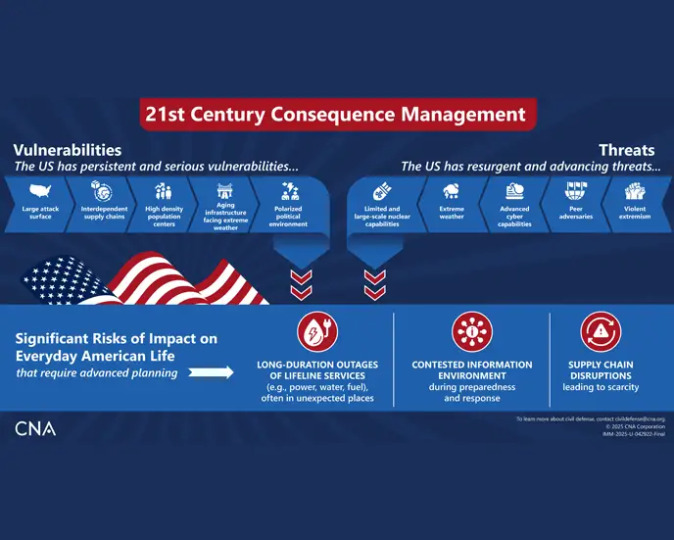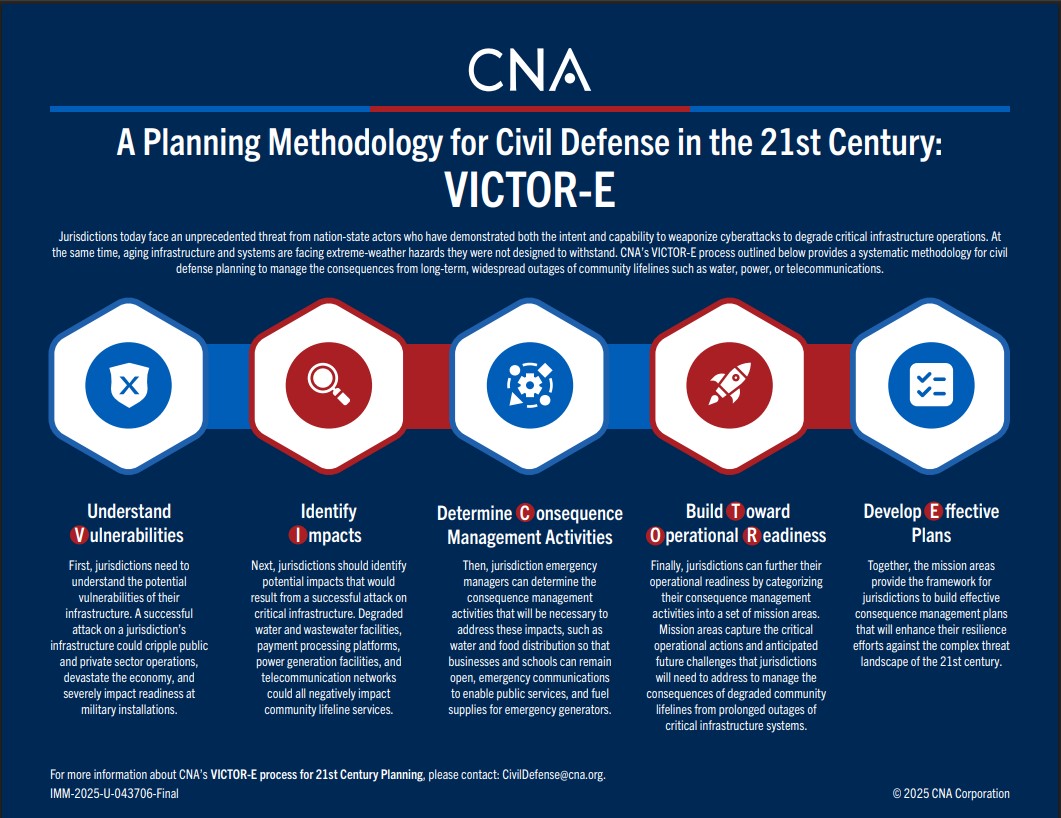
Civil Defense
Civil defense [ˌsivəl dəˈfen(t)s, ˌsivəl dēˈfen(t)s] n. The system of protective measures and emergency relief activities conducted by civilians in case of hostile attack, sabotage, or natural disaster. —Merriam-Webster
Civil defense is a cornerstone of national security in the United States. Established during World War I and formalized in World War II, civil defense strategies have evolved to address the unique challenges of each era. Today, the focus is on protecting critical infrastructure and supply chains, preparing for large-scale cyberattacks, securing elections, and providing public information in a contested environment.
CNA meets these challenges through modern civil defense planning: analysis, planning, and training exercises that integrate proven historical principles with innovative emergency management strategies. By leveraging expertise grounded in real-world experience and future operational environments, CNA analysts are helping local, state, and federal agencies protect communities by preparing for these contemporary threats.
Areas of Expertise
Effective emergency management plans remain a necessity but should evolve to include responses to a broader range of threats—including the risk of foreign intervention on the homeland. Plans must be flexible and able to adapt to emergencies in which communications, transportation, or critical lifeline services like water and electricity are not available. CNA develops and evaluates plans, response, and recovery efforts and strategies for increasingly complex threats and severe impacts.

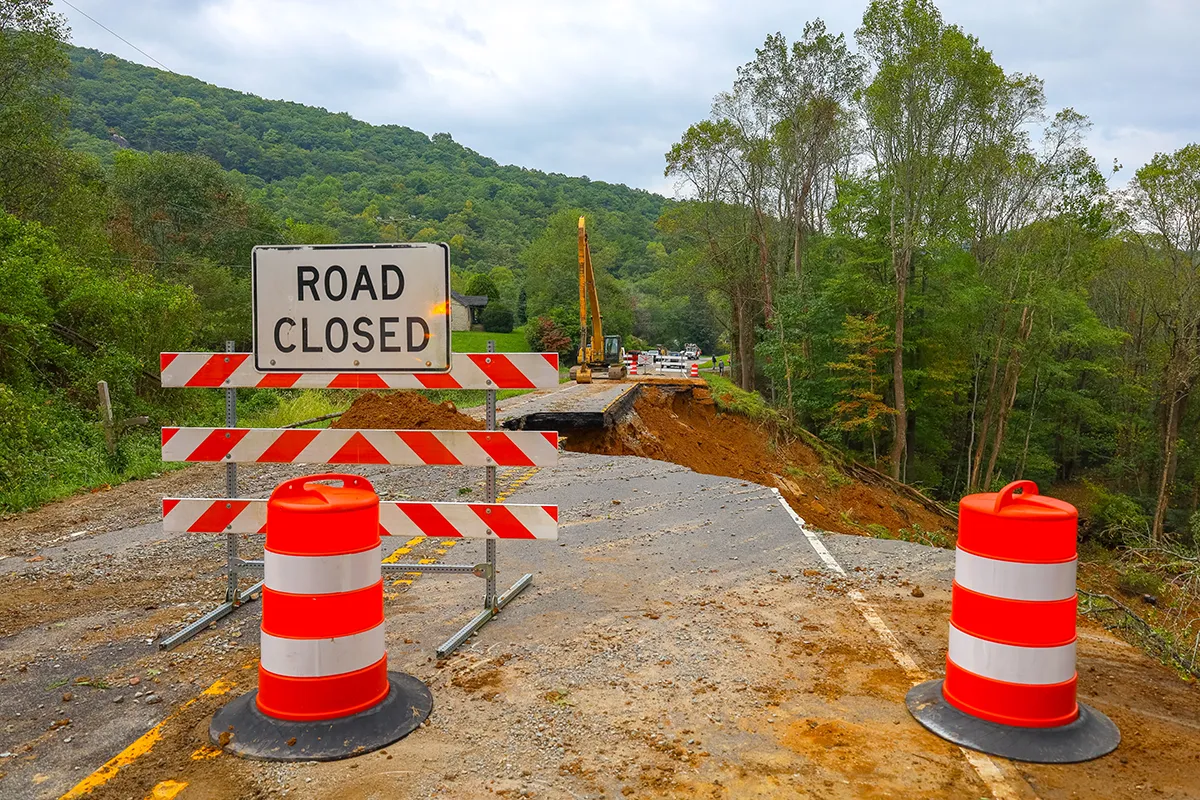
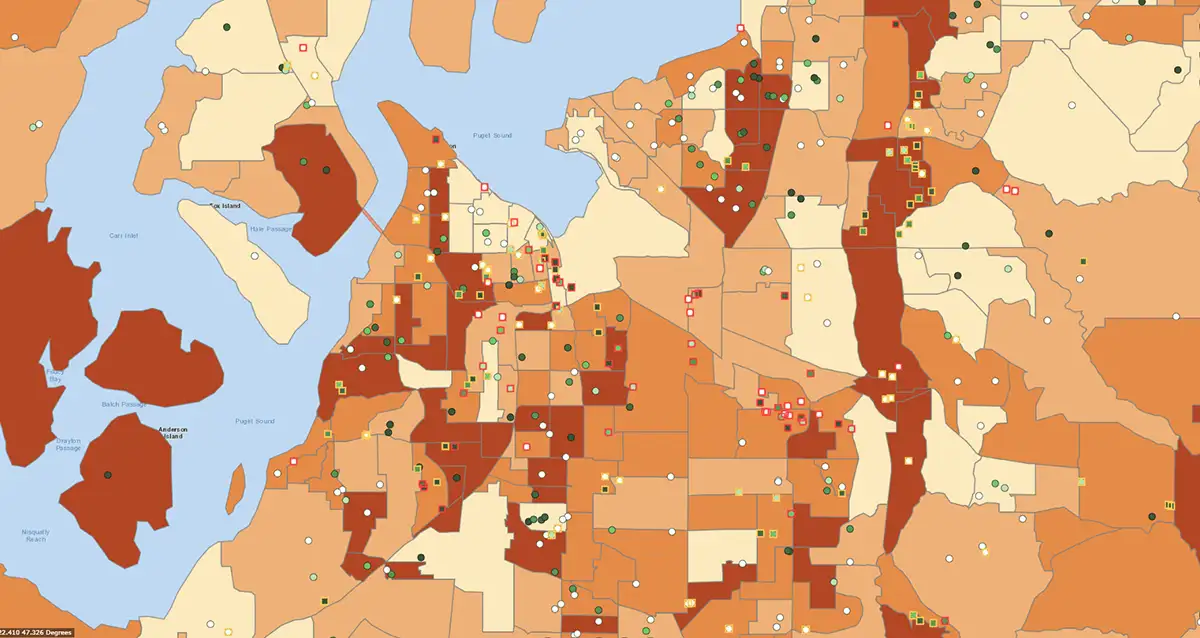

Several nation-state adversaries are now capable of cyberattacks, with direct and cascading effects. As cyber-related incidents become increasingly prevalent, robust cyber response plans are essential for comprehensive preparedness and operational resilience. CNA helps organizations of all levels develop, test, and refine their cyber-incident response plans through scenario-driven workshops and exercises.

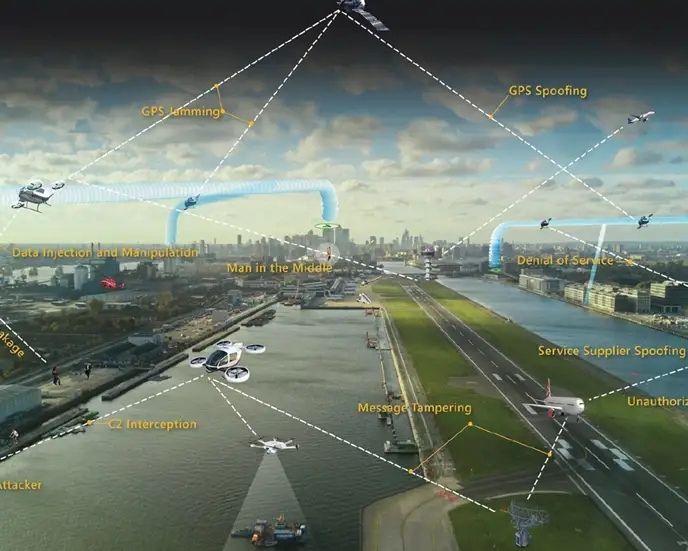

The information environment is increasingly critical and contested in the 21st century. Adversaries widely engage in false and misleading information campaigns to influence public opinion and behavior. CNA has developed strategic tools, training, and evidence-based best practices to help agencies communicate effectively during crises and respond to contested information environments.


Disruptions to supply chains pose significant risks, threatening economic stability, public health and safety, and national security. Using the CNA SCOPE™ method, CNA helps public and private sector organizations understand and mitigate supply chain vulnerabilities. Through comprehensive assessments, CNA enhances organizations’ efforts to continue providing critical lifeline services and commodities during crises.



Modern elections face significant new threats, including COVID-related changes to voting processes, growing political and social divides, increased cyber threats from adversaries, and declining public trust. Securing elections is critical for safeguarding democratic processes and national stability. Leveraging extensive experience in homeland security workshops and exercises, CNA collaborates with diverse stakeholders to develop, execute, and evaluate election security plans.
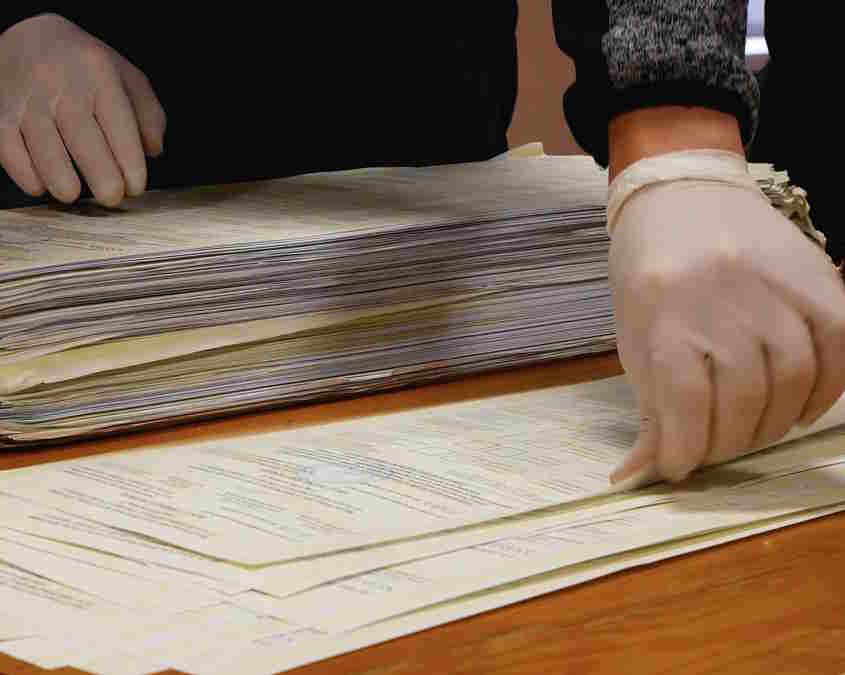
Free and fair elections are essential to the democratic process, but in recent years foreign inference and disinformation have shaken voters' trust in the electoral system.
In this episode, guest host Sabrina Verleysen sits down with CNA’s Dawn Thomas and former Elections Assistance Commissioner Matt Masterson. They discuss how jurisdictions can secure their elections, what resources are available to them and how to ensure their voters are confident in the results.


“The global security landscape has changed dramatically. The US urgently needs to reorient preparedness at every level to respond to the threats we face today—and tomorrow. ”
David Kaufman
Vice President and Director, CNA Safety and Security

